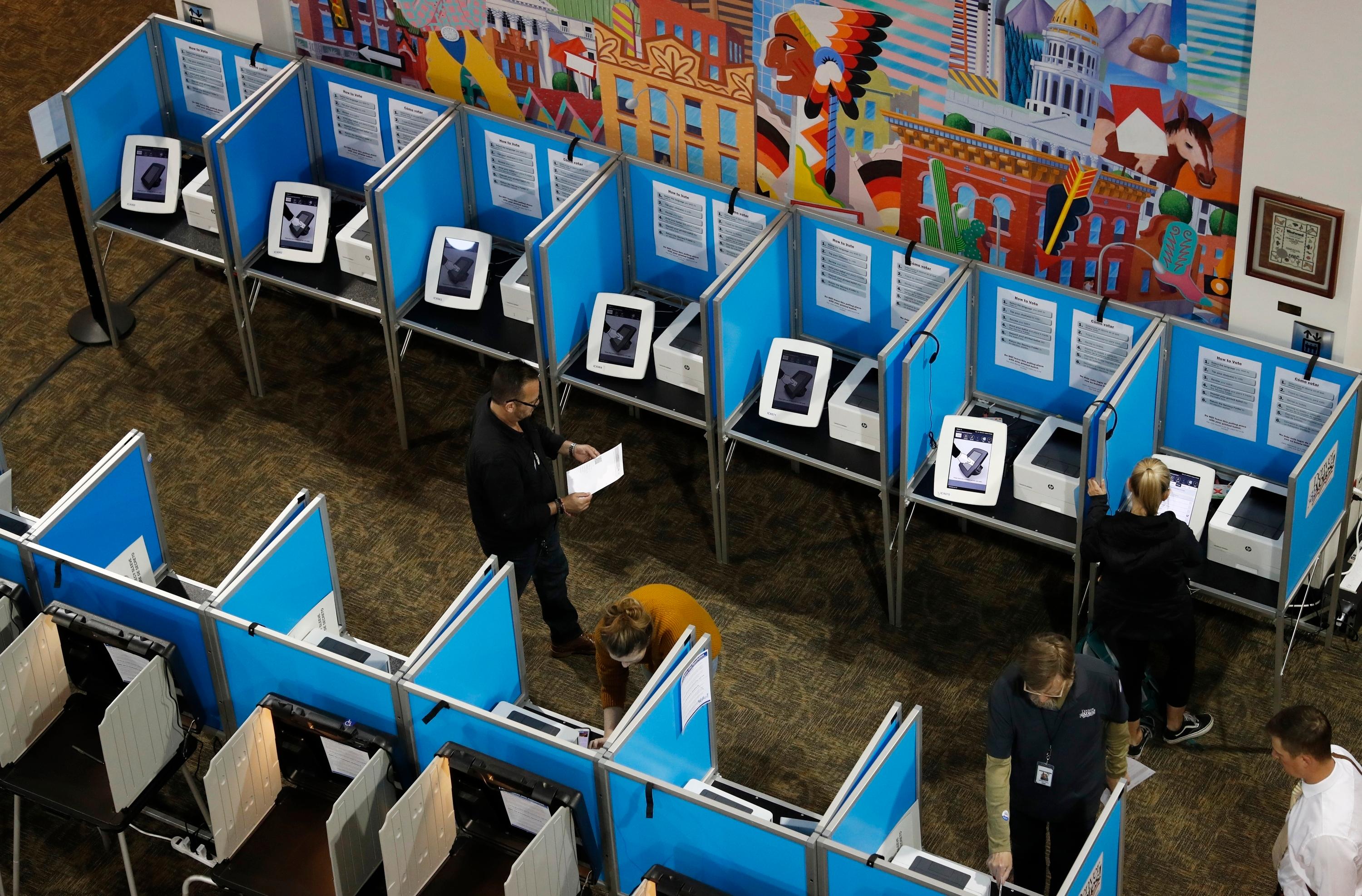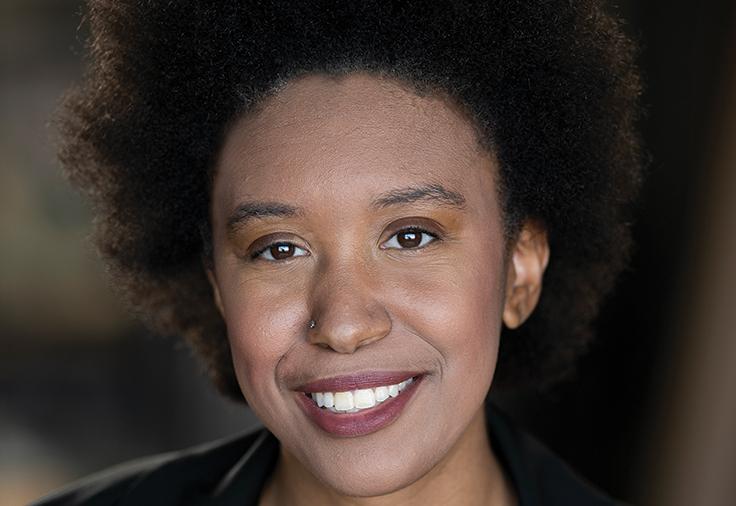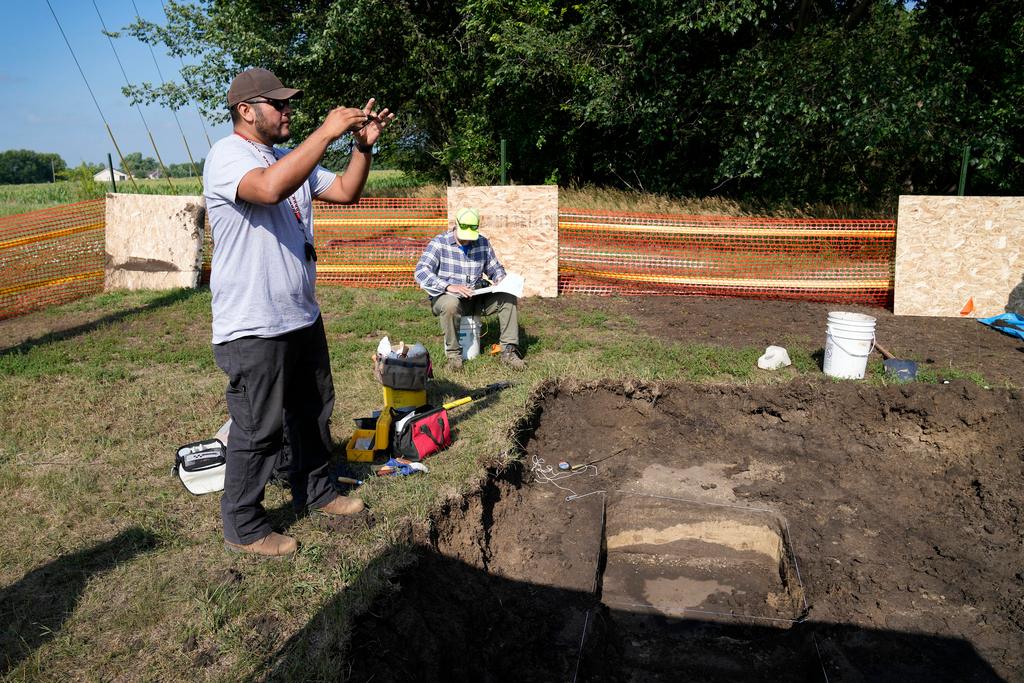
Election Day is less than a month away and if you haven't done your research just yet, we've got a good start for you.
The very basics:
Nov. 5 is Election Day. You should have already gotten your ballot in the mail. If you haven't, contact your county clerk's office.
Your county clerk must have your ballot no later than 7 p.m. on Election Day. If you're not sure if your ballot will arrive on time, you can always drop it off in person. If you're a recently registered voter, be sure to bring a copy of your ID along with your ballot.
If you don't want to mail it in, the state's website can tell you where to vote based on your address.
The statewide items — these are on everybody's ballot...
Keeping that tax revenue for transportation and education
Proposition CC: The state wants to ask voters to allow the state to keep money they would usually give back to taxpayers because it exceeds revenue caps. The extra money would go to transportation, K-12 education, and higher education. The state would conduct an annual audit and report where exactly the money is going.
Need more information on CC? Here's our Proposition CC explainer.
Betting for water
Proposition DD: Voters will decide whether or not they want to legalize sports betting in Colorado. It would also put a 10 percent tax on casino's house winnings which would contribute to Colorado's Water Plan.
Need more information on DD? Here's our Proposition DD explainer.
And a few local items of interest:
Colorado Springs wants to keep some money to improve parks and museums.
Colorado Springs is asking voters to allow the city to keep and spend up to $7 million to improve its parks, trails and sports and cultural facilities. Repairs would be made to places like Acacia Park, the Pioneers Museum and baseball fields at Cottonwood Park. If voters turn down the measure, the money will be refunded to taxpayers.
With the support of Colorado Springs Mayor John Suthers, the often spending-averse voters of the region also approved a tax increase for roads in 2015 and a stormwater fee in 2017. This year the city is asking to extend a temporary sales tax devoted to roads.
Denver's voting on establishing a transportation department.
They're also looking at making it a requirement that elected officials actually live in Denver. Here's Denverite's guide to the Denver referred questions.
Aurora faces a lot of the same problems as Denver. How will a new mayor solve it?
There are six candidates vying to represent Denver’s eastern neighbor, which is now the third-largest city in the state. Here's Denverite's guide to the mayoral candidates.
Meeker is considering whether it should keep putting fluoride in its water.
Voters in Meeker will decide on whether or not it wants to continue adding fluoride to the town’s water. Meeker has had fluoride in its water since at least the 90s. If the town chose to keep adding fluoride, water operators would be required to do additional training and licensing because of changes to state regulations, the Herald Times reported.
Lots of places have measures that would increase funding their local public library system.
The Colorado State Library is aware of 11 initiatives, from mill levy increases to sales tax hikes, across the state that are connected to funding for public library service. Here's our guide for those.
And several municipalities are considering more money for mental health and/or schools.
At least a dozen school districts are asking to increase their property tax rates or for permission to sell bonds to fund school safety. Counties and school districts would put the money into things like improving buildings or adding school resource officers. Four of the districts are in Weld County. Some money there would also go to adding mental health resources for students.
These measures follow a trend from the 2018 election.
Voters in Larimer County last year approved a quarter-cent sales tax hike, to raise $15 million a year to build a new treatment and detox facility. Larimer County was one out of eleven cities and counties that had tax measures on the 2018 ballot related to mental health. All passed except for one in Pueblo.
Do you have specific questions about things on your ballot? Ask us!









